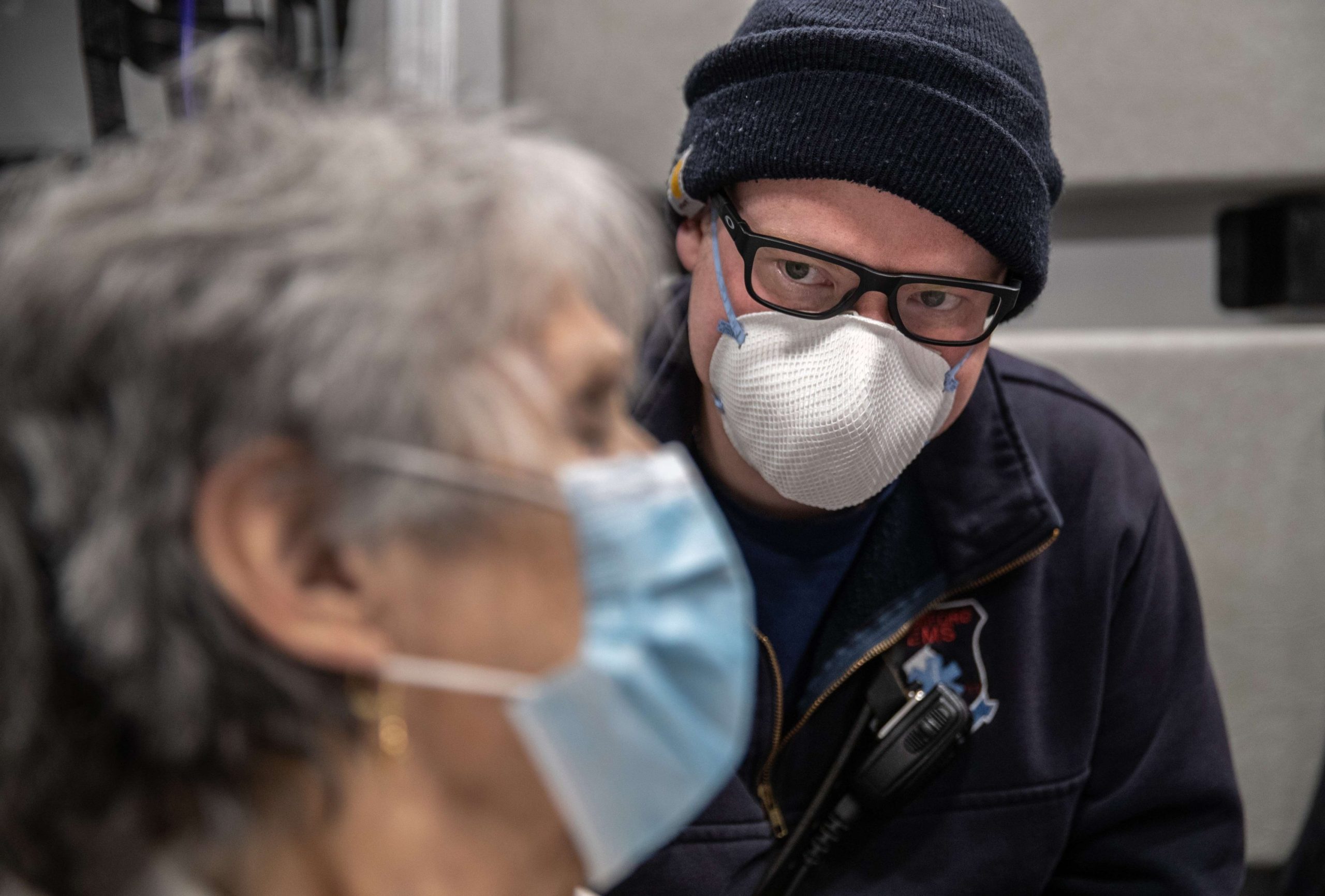“Global threats show that none of us is safe until all of us are safe. There are no longer cultural hierarchies, economic immunities or economic privileges for any region, nation or country,” Turkish presidential spokesman said Wednesday.
In an op-ed on Al Jazeera, Ibrahim Kalın commented on the international effects of the coronavirus pandemic, post-virus order, and growing global uncertainty.
According to Kalın, the spread of the coronavirus, which has claimed tens of thousands of lives across the globe, added a “new dimension of uncertainty and anxiety to our already fragile and insecure world.”
“While many agree that nothing will ever be the same again, it is not clear what kind of global political order will emerge in the post-corona world,” he said.
“The choices we will make now will shape not just the geopolitical system and the economy, but also the state of our humanity in the decades to come.”
Kalın said the legitimacy of leading international organizations such as the U.N., the European Union, the G-20 was already in crisis, and they have “largely failed to respond to the pandemic in credible and effective ways,” and they could use pandemic as an opportunity “a chance now to recreate themselves.”
“The U.N. must restructure itself to cope with such pandemics. Giving advice is not enough. The World Health Organization must be empowered to take preventive action. The G-20 countries must take the lead in reserving funds for vaccine development and share the results with developing countries,” he added.
According to the senior official, the authoritarian political structure is likely to grow stronger in the aftermath of the coronavirus, just like nationalism.
“COVID-19 is a warning that we are not the masters of the universe, and the world is not our private property,” he said. “If capitalism and consumerism continue their carnage on the world, the world will give us more viruses, pandemics and disasters.”
There are nearly 1.5 million confirmed cases worldwide, with almost 87,500 deaths, and above 317,600 recoveries, according to the U.S.-based Johns Hopkins University.
Last Updated on Apr 09, 2020 12:57 am










Discussion about this post